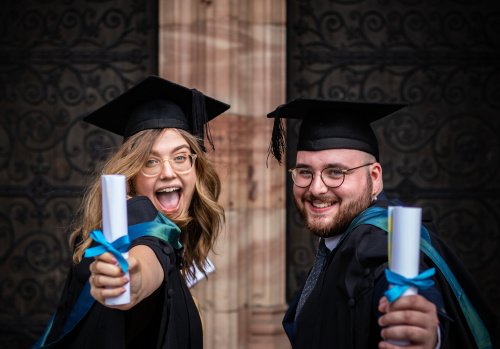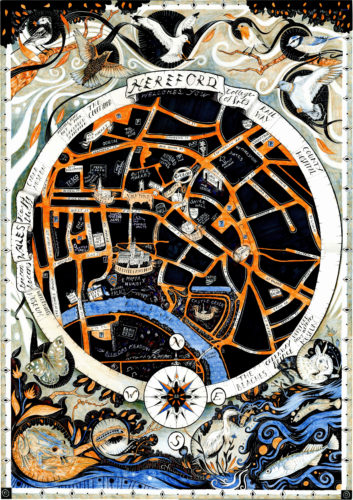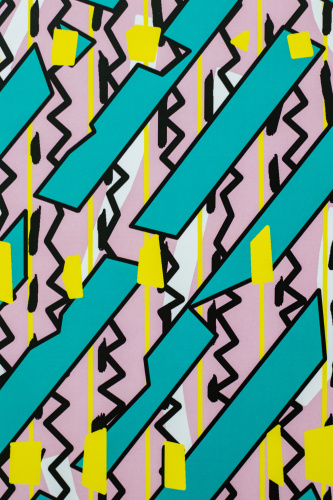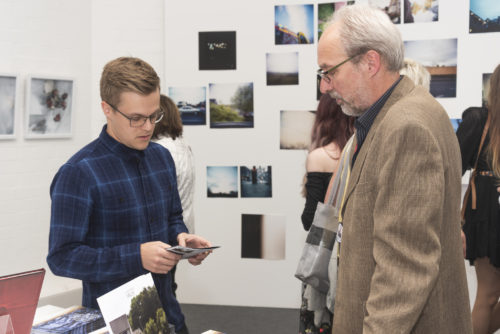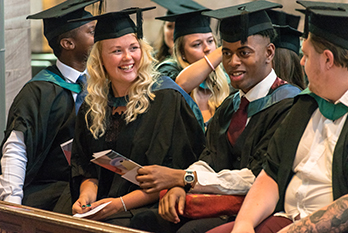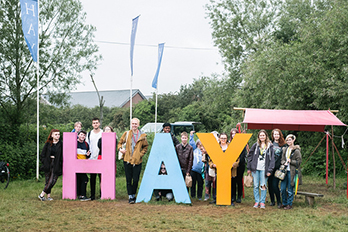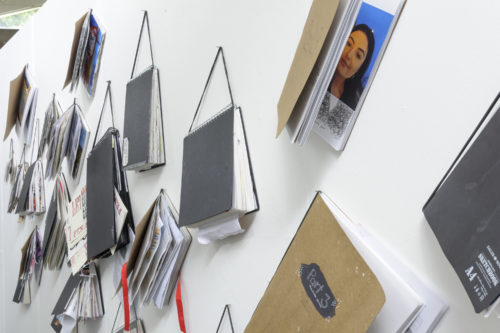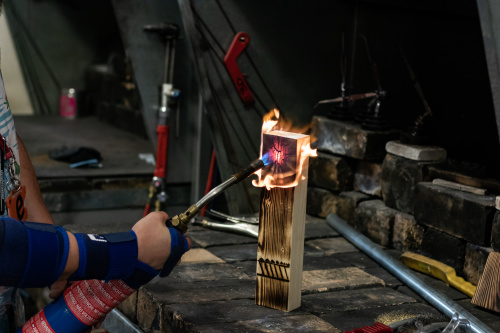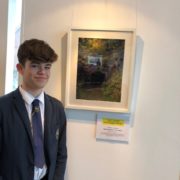HEA ‘Inspire’ Conference
Published on 07.03.16
On Friday, I had the pleasure of hearing a range of exciting initiatives in Arts and Humanities Pedagogical practice at the HEA’s ‘Inspire’ conference. Jonathon Worth began the day with a call for a educators’ to admit their collective social responsibilities in this digital age, when everyone has a ‘digital footprint’ and it is easy
Categories
On Friday, I had the pleasure of hearing a range of exciting initiatives in Arts and Humanities Pedagogical practice at the HEA’s ‘Inspire’ conference.
Jonathon Worth began the day with a call for a educators’ to admit their collective social responsibilities in this digital age, when everyone has a ‘digital footprint’ and it is easy to overlook how our digital activities might impact on vulnerable learners.

I do not think there are any easy answers to the questions his speech posed. However, making the questions explicit at least gives our generation of educators a chance to discuss and address these issues.
We also learned about Connecting Classes, an exciting research project that looks to share good practice in digital teaching and re-invent the word ‘co-authored’. I really hope we’ll be able to become involved with this in some way at HCA.
Highlights from my conference itinerary included Lucy Renton and Bernadette Blair (Kingston University) presenting their work on assessment and learning in Art and Design, which considered in detail the needs of their learner population, many of whom have dyslexia. This research is particularly relevant to our own context here at HCA. Key points from the research were the need for learners to have clear and consistent feedback, with a variety of methods used in providing this feedback. The research also questioned certain assumptions. It is easy to assume that a learner with dyslexia would prefer verbal or face to face feedback, but this is not always the case.
Enrietta Bissa, from the University of Wales Trinity St David’s, revealed how a simple intervention could make a real and concrete different to learner attainment. Introducing a well-managed amount of one to one support for learners enabled them to “ask the stupid question”, learn with each other, and achieve tangible improvements in higher level grades.
Other snapshot points from the conference presentations I saw included how Coventry University (Jaqui Speculand and Koula Charitonos) is applying iterative, design based research methods to construct badges. Their badge scheme supports employability by making transferable skills explicit.
My own workshop presentation on ‘How to build a less formal online learning space’ went well, and, of course, the spaces in between presentations were as interesting as the presentations themselves.
Key points I took from the experience were:
- To not assume that ‘digitally literate’ means ‘protected’
- When planning assessment strategies, look to a variety of feedback methods, but ensure that advice is consistent and clear
- Consider the underlying skills and values that underpin employability within the arts and how we might make the learning of these transferable skills explicit and rewarded
